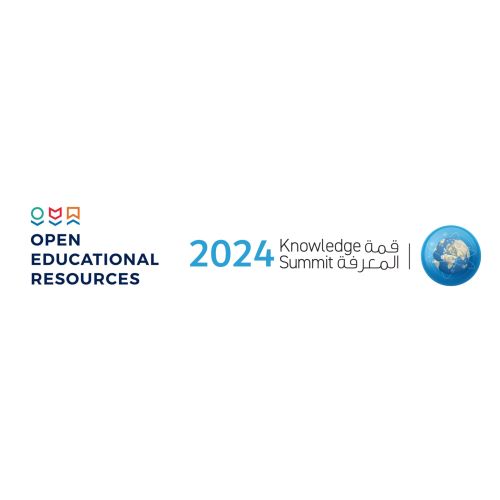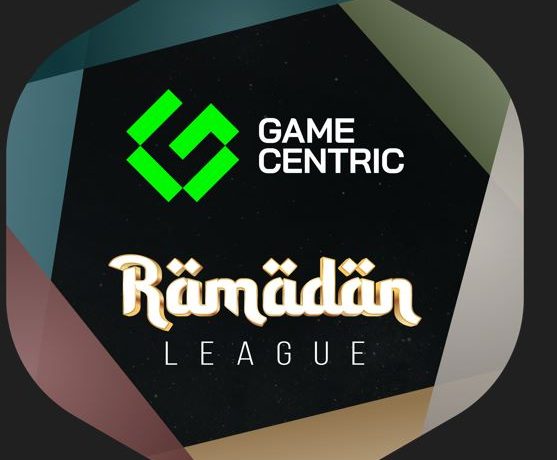MBRF and UNESCO host 3rd UNESCO World OER Congress

Mohammed bin Rashid Al Maktoum Knowledge Foundation (MBRF), is hosting the ‘3rd UNESCO World Open Educational Resources (OER) Congress’ titled ‘Digital Public Goods: Open Solutions and AI for Inclusive Access to Knowledge,’ from 19 to 20 November 2024, at Dubai World Trade Centre, organized by the United Nations Educational, Scientific and Cultural Organization (UNESCO). The event is being held on the sidelines of the Knowledge Summit 2024, which is being organized by MBRF and the United Nations Development Programme (UNDP).
The 3rd UNESCO World OER Congress is being held for the first time in the Arab World. The congress will convene approximately 500 ministers, senior officials, and decision-makers from key sectors such as education, digital services, and communications.
Bringing together policymakers, educators, and innovators from across the world, the congress will open avenues to explore the transformative potential of Open Educational Resources (OER) in advancing equitable access to knowledge.
Empowering Access through Open Solutions
The Congress will explore how OER can be leveraged to advance global digital collaboration, in line with UNESCO’s 2019 recommendation. Participants will engage in in-depth discussions on best practices, innovations, and strategies to scale the impact of OER. A key focus will be on collaborative approaches to broaden access to OER worldwide.
A Vision for the Future of Inclusive Learning
The congress will further establish guidelines to promote openly licensed content and tackle challenges arising from AI and other emerging technologies. Discussions will conclude with the Dubai Declaration for Action on OER, outlining concrete steps to advance inclusive and equitable quality education.
Many countries have made exceptional progress in implementing UNESCO’s OER recommendations, with their initiatives set to be highlighted at the congress. For instance, in Cuba, the Virtual Health University transformed healthcare education by providing flexible, accessible, OER-based learning for professionals, even in remote areas. Furthermore, Madagascar addressed exceptionally to COVID-19 challenges by launching an e-learning platform, distributing tablets, and utilizing radio broadcasts to bridge digital divides in primary education. In addition, Malaysia’s inclusive OER Policy ensures accessible resources to all, supported by the government for educator training and technology investment. Meanwhile, Morocco’s 2024 national strategy for OER and Open Science aims to modernize education and expand research accessibility, driven by strong engagement from educators. These initiatives showcase diverse approaches to advancing equitable access to knowledge through OER across different contexts.
The congress aligns with the objectives of Knowledge Summit, which has positioned itself as a leading global event for the exchange of knowledge, expertise, and success stories. The impact extends beyond discussions, providing a vital platform for introducing groundbreaking insights and innovative ideas. By showcasing best practices, the summit provides actionable solutions for pressing global challenges, making it an invaluable event for stakeholders worldwide.
Last Updated on 3 months by News Desk 1













